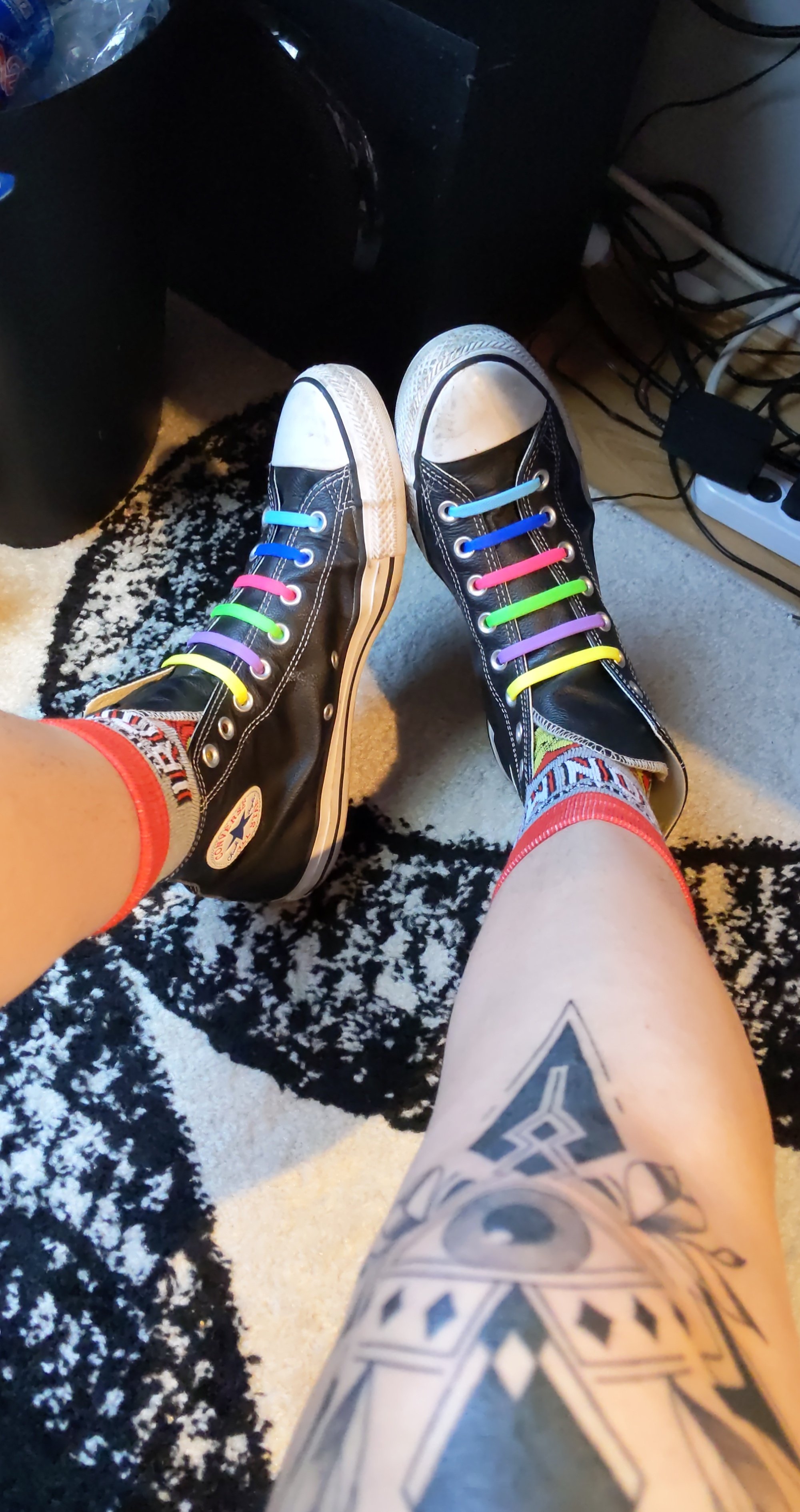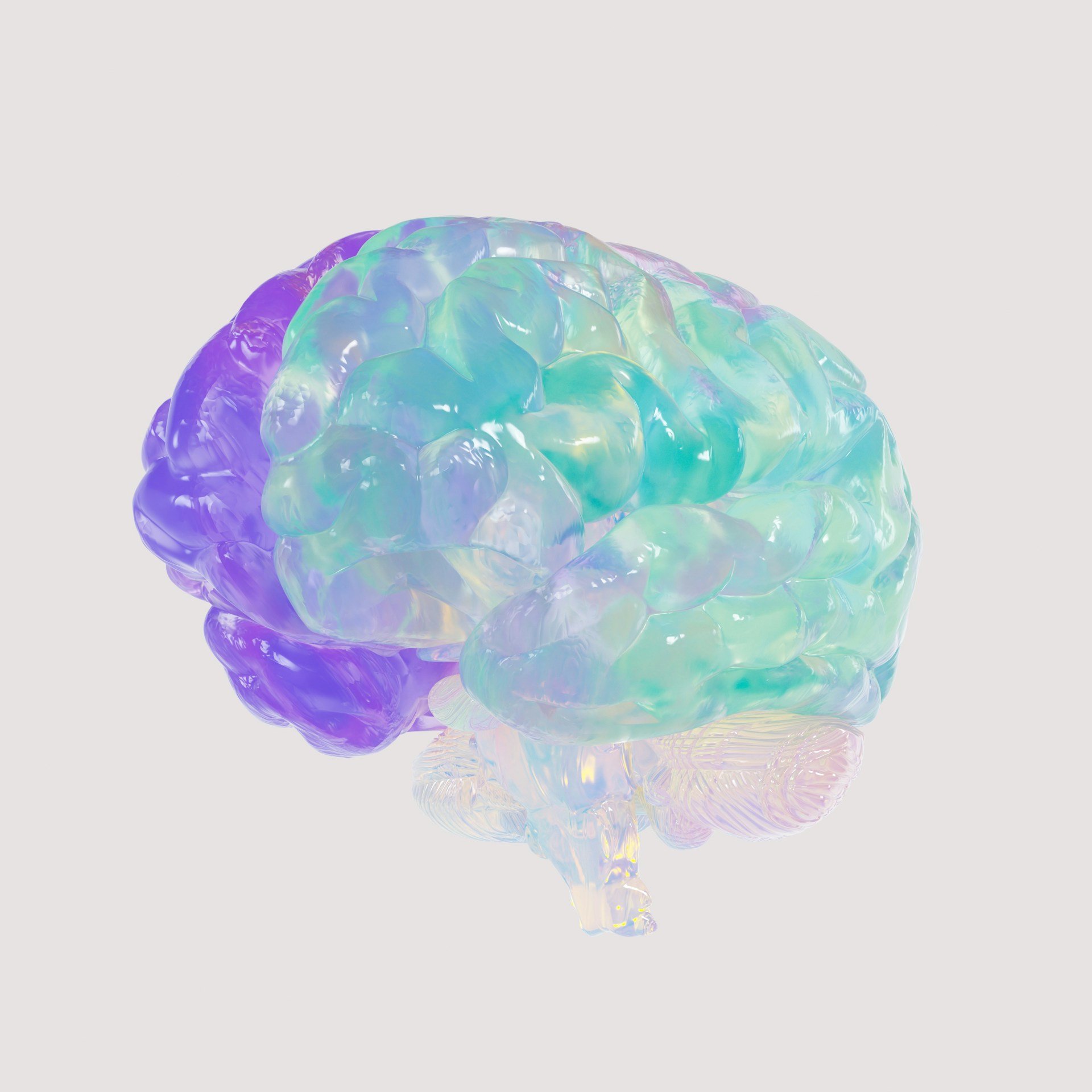
Exploring Stimming in Adults: Understanding and Supporting Neurodivergence
All of us engage in self-stimulatory behavior throughout our daily lives. Many of these behaviors are so common that we don’t recognize them as such – think of the “happy food dance” when you take your first bite of a meal. Others are so subtle that they evade acknowledgement, such as chewing gum throughout the day or humming to ourselves.

Embracing Self-Discovery in Neurodiversity
Getting to know yourself—and how your brain really works—is one of the most meaningful journeys you can take. But when it comes to neurodivergent experiences like ADHD, that path can quickly become confusing and overwhelming. There's a sea of information online, and not all of it is helpful. One source says one thing, another says the opposite, and you’re left wondering: What’s true for me?
If you’ve found yourself asking questions like, “Do I have ADHD?” or “Can I self-diagnose, or do I need to see a professional?”—this blog is for you.

Thinking About Starting Stimulant Medication for ADHD? Here’s What You Should Know
Starting stimulant medication for ADHD can be a big decision—and it’s normal to have questions. Whether you’re newly diagnosed or revisiting treatment options, understanding what to expect can help you feel more informed and in control. Let’s walk through a few key things to know before you get started.

Why Choose a Neurodivergent Therapist?
In recent years, more people are becoming familiar with the term neurodivergent—a broad and inclusive way to describe the natural variation in how people think, process information, experience emotions, and interact with the world. ADHD, autism, dyslexia, and sensory processing differences are just a few examples of neurodivergence. And as conversations around neurodiversity grow, so does the recognition that lived experience matters—especially in therapy.
So, what happens when the person sitting across from you in the therapy room (or on the screen) is also neurodivergent?
It turns out, a lot of really meaningful things can happen.

What is Gestalt Therapy?
The word Gestalt means “whole” in German—and that’s really the heart of this therapy. Gestalt therapy helps you reconnect with the parts of yourself that may have been silenced, split off, or dismissed over time. It’s less about fixing you and more about rediscovering you.
We carry stories—some shaped by family, culture, or systems of oppression—that influence how we see ourselves. Gestalt therapy helps bring those patterns into awareness, not to pathologize them, but to explore them with curiosity and compassion. Especially for folks whose identities may have been marginalized, this approach can be incredibly validating.

Cognitive Behavioral Therapy (CBT) and Neurodivergence
Most of my clients have been to therapy before. Many have tried therapy several times over their life, but they never felt it was that helpful or they found it difficult to find a therapist who was a good fit. There are plenty of reasons why this might be the case, and this post aims to explore one of the main offenders: a very common type of therapy practiced is CBT, and using CBT alone may not be a great choice for neurodivergent brains.
While talk therapy has proven to be an effective tool for countless people, it's important to recognize that one size does not fit all, especially regarding neurodivergent individuals. A skilled and competent therapist possesses the expertise to accurately determine the most appropriate therapy approach for each client, considering their unique goals and individual capabilities.
